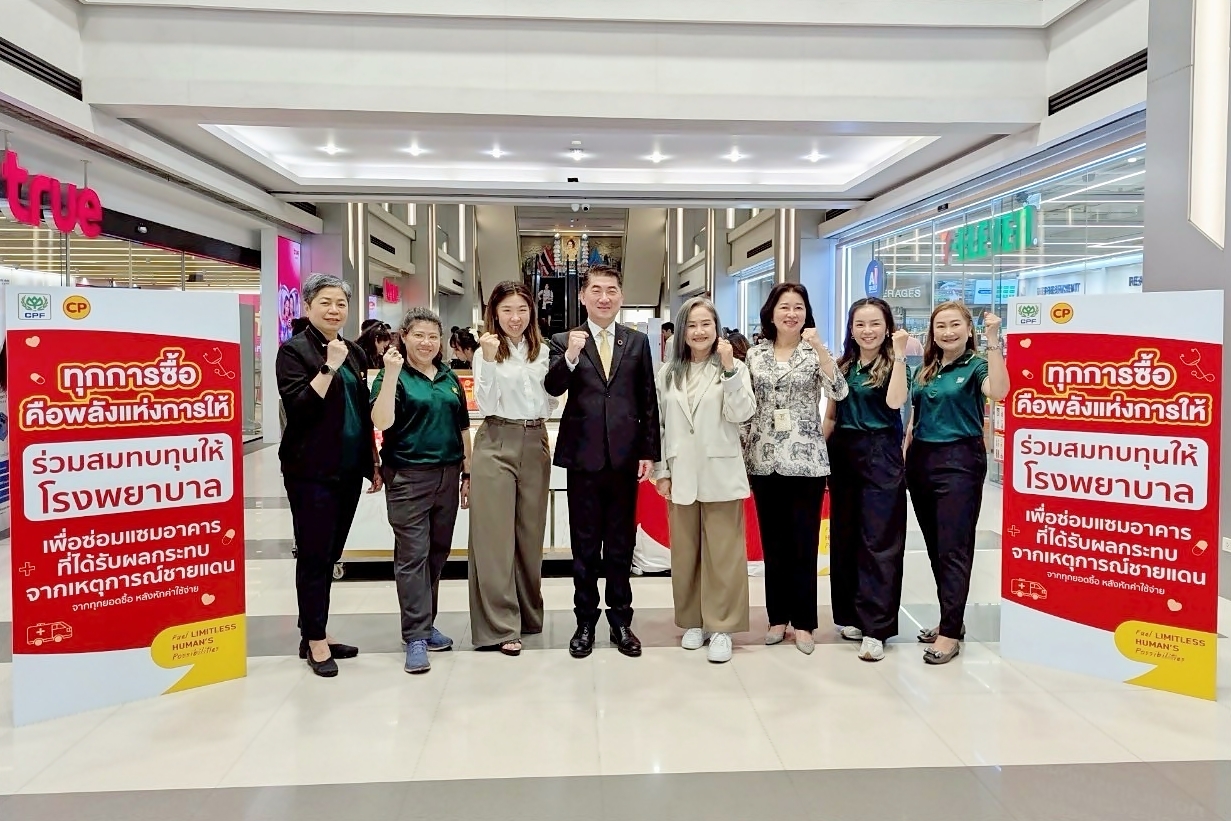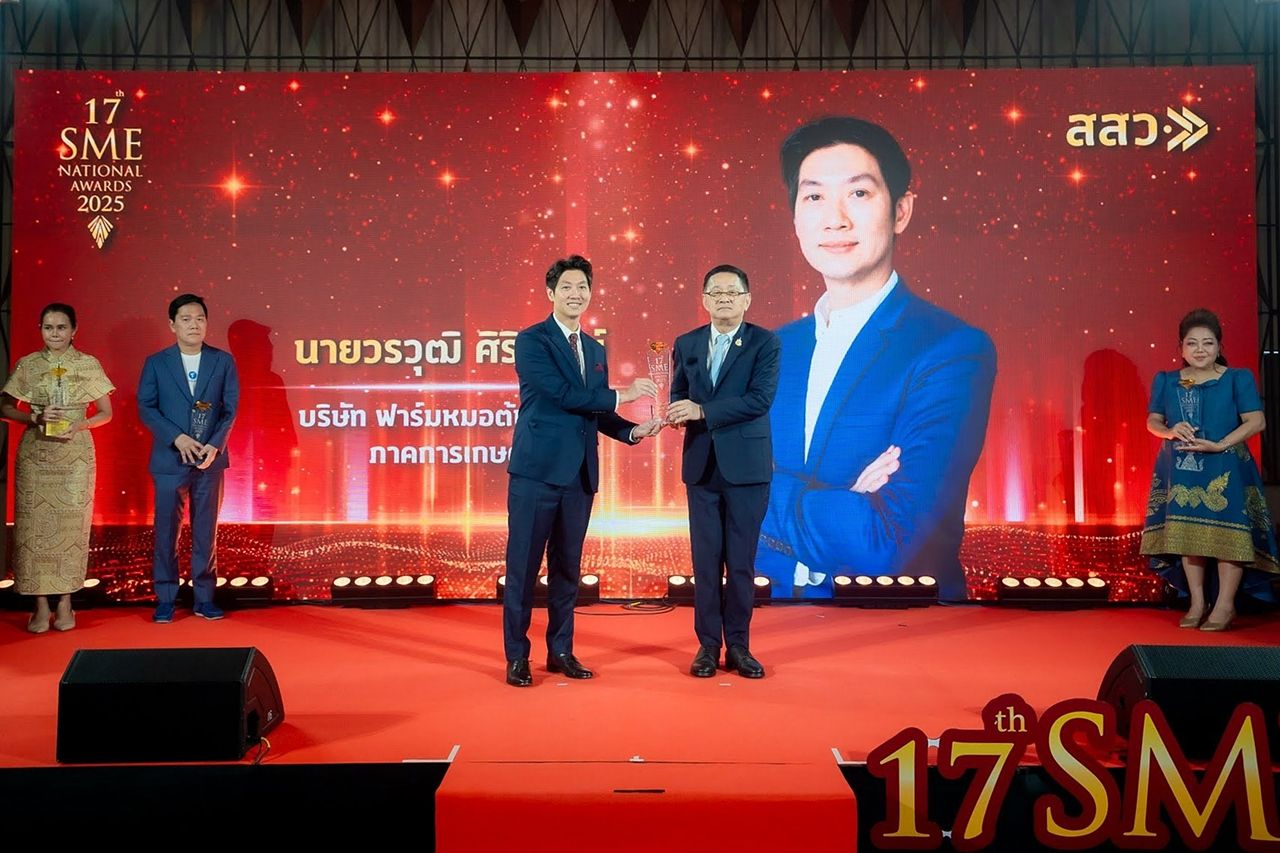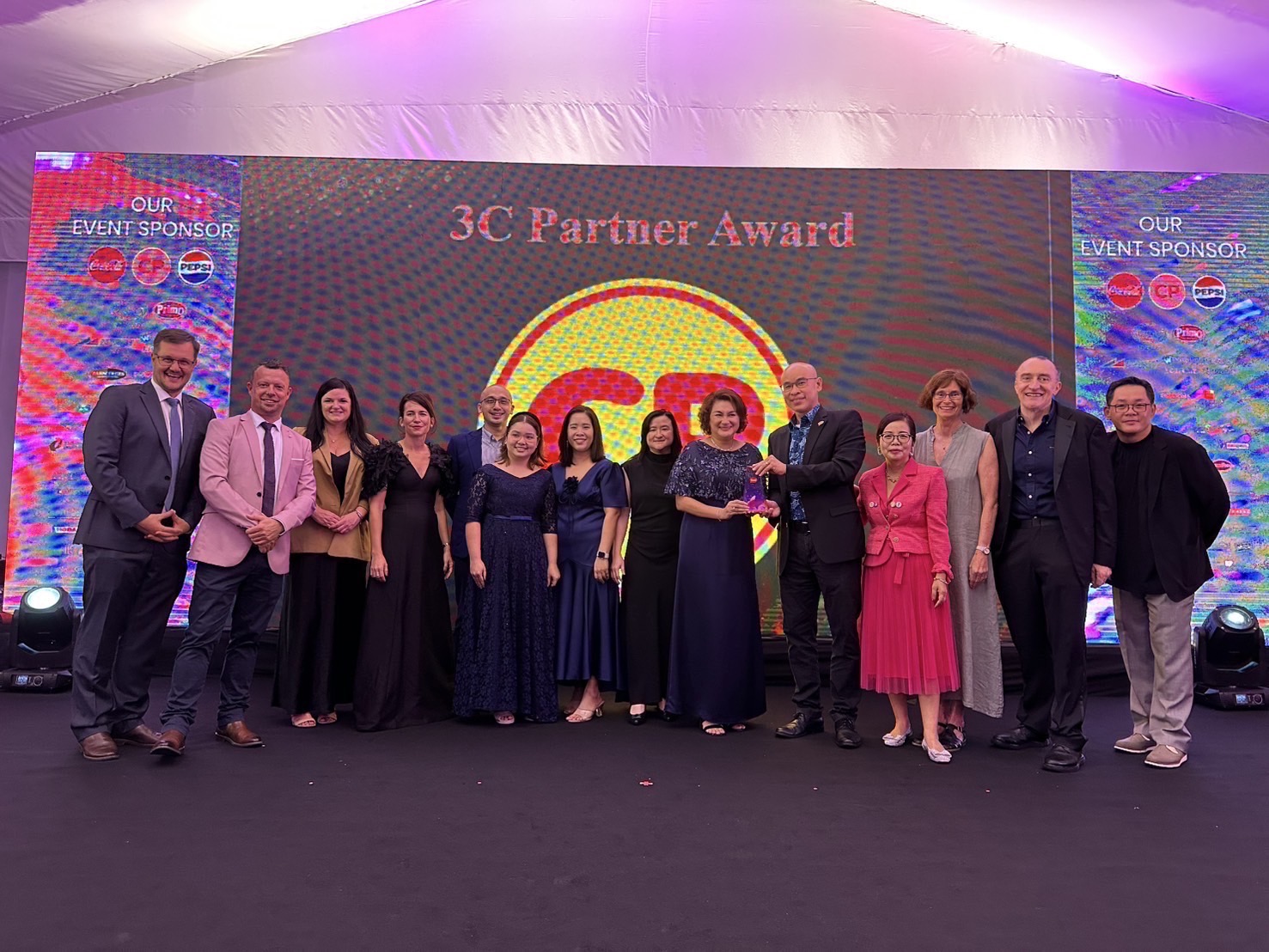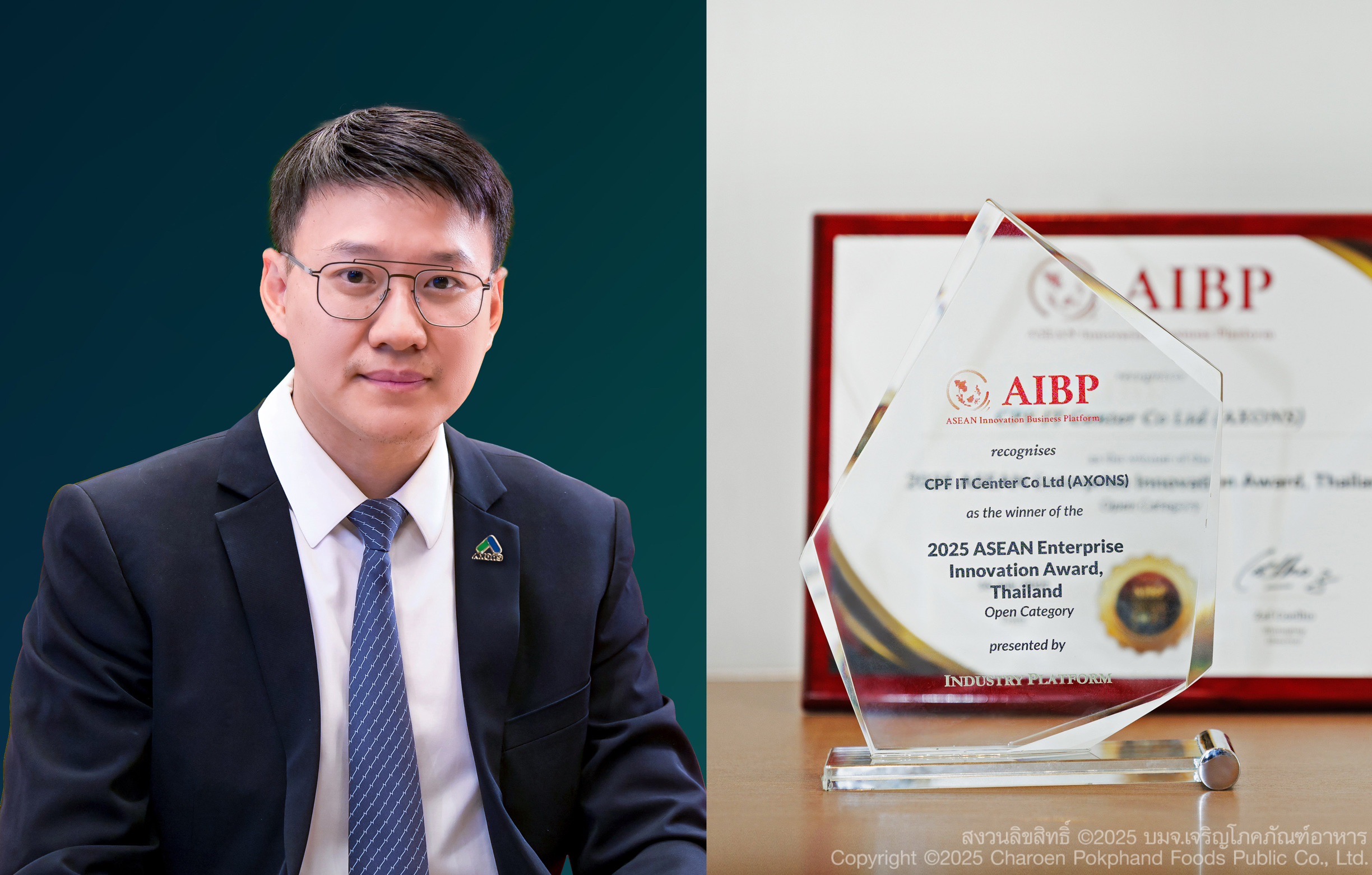
SRIWIPA SIRIPUNYAWIT
PITSINEE JITPLEECHEEP
All suppliers will be audited, inspected
Charoen Pokphand Foods Plc (CPF), the country's major food and shrimp exporter, is pushing its traceability system at full speed with the aim of ensuring its entire supply chain is slave-free while pledging to terminate the use of fishmeal as its feed ingredient by 2021.
Last month's report by British newspaper The Guardian accusing CPF of buying fishmeal from suppliers who own or buy from vessels employing slave labour has prompted the giant shrimp exporter to act to defend its reputation.
Assistant vice-president Pitipong Dejjarukul said the company is working closely with the Labour Protection and Welfare Department, Fisheries Department, Marine Department and Department of Special Investigation (DSI) to solve problems.
CPF has vowed to purchase only from suppliers who have passed auditing and inspection by the Labour Protection and Welfare Department for good labour practices. Such suppliers need to buy from slave-free fishing boats.
"We are moving to stop buying fishmeal from suppliers if we have any doubt at all that their raw materials have come from slave-free operations. Now we need to identify and separate good suppliers from unethical ones," Mr Pitipong said.
The Labour Protection and Welfare Department will inspect fishing boats to see if their crews have proper employment contracts, fair wages, reasonable working conditions and are properly treated. The Fisheries Department and the Marine Department also demand all fishing boats and their equipment be registered, which will help guard against human trafficking and forced labour.
CPF will rely on official documents including logbooks and a marine certification purchasing document to ensure traceability and transparency of its entire supply chain.
Fishmeal producers will need to submit to CPF all official documents containing information of boats, number and names of fishing crews, date and fishing location, and type and quantity of fish caught. Fishing boats will prepare these documents for fishmeal producers. The documents will eventually be submitted to the Fisheries Department to ensure that all facts are valid and true.
"By doing this, at least we will know the exact names and number of crew when boats are out at sea and come back to shore. This can ensure there will be no disappearing of any crews in the sea," Mr Pitipong said.
A monitoring system similar to GPS will be introduced to track the signals and location of boats.
CPF will also cooperate with the DSI. It will not purchase from any fishmeal suppliers purchasing from vessels having records with the DSI for misconduct and illegal practices. Mr Pitipong said some boats under investigation for malpractice are still operational.
CPF has been paying an incentive to suppliers who can ensure good practices of vessels or sources of fish. Since the increase of its purchase price in April 2013, it has received more cooperation from suppliers and vessels.
"The percentage of traceability has now risen to 70% from only 4% in the past," Mr Pitipong said.
According to the Thai Feed Mill Association, there are 130 fishmeal plants but only 61 have received a good manufacturing practice certificate. CPF is buying from about 50 fishmeal plants.
About 500,000 tonnes of fishmeal are produced each year. By-products of canned tuna, surimi, fish balls and such provide 60-70% of its raw materials, while the rest comes from trash fish that is not popular for consumption.
Mr Pitipong said CPF is a big buyer of fishmeal but the volume is still less than half of what is available in the market. He said the company has attempted to increase ingredients from by-products and reduce the use of trash fish.
"By 2021, we plan to cut out trash fish altogether from our feed production and go for substitutes if we still can't ensure the sustainability of the trash fish-catching process," he said.
Mr Pitipong emphasised that the problems of human trafficking and slave labour need cooperation from all sides - the government, business operators and consumers.
"The consumer is another important voice pushing business operators to do the right things," he said.
Salinla Seehaphan, corporate affairs director at retail giant Tesco Lotus, said the company has not received many queries from customers on the issue but it has promised to continue working on ensuring shrimp feed is not produced by forced labour.
She said reducing reliance on fishmeal is a complex industry-wide issue but Tesco Lotus is determined to work with its prawn suppliers in Thailand on developing trials that limit the use of fishmeal.
"The fishmeal destined for prawn farms is made up of around 10% fish, and we believe that around 70% of that fish in our supply chain is caught in certified, monitored conditions. We're now working with our suppliers to ensure they move to 100% certified fishmeal as quickly as possible," Ms Salinla said.
"It is more complex to reach down to lower levels of the supply chain, but we're determined to use our influence to do so. We have action plans in place, with some already started."
Tesco Lotus is working with CPF and other suppliers to ensure the supply chain is free from forced labour and partnering with the International Labour Organisation and Ethical Trading Initiative as well as other stakeholders to achieve broader change across the Thai fishing industry.
Cr. BANGKOKPOST









